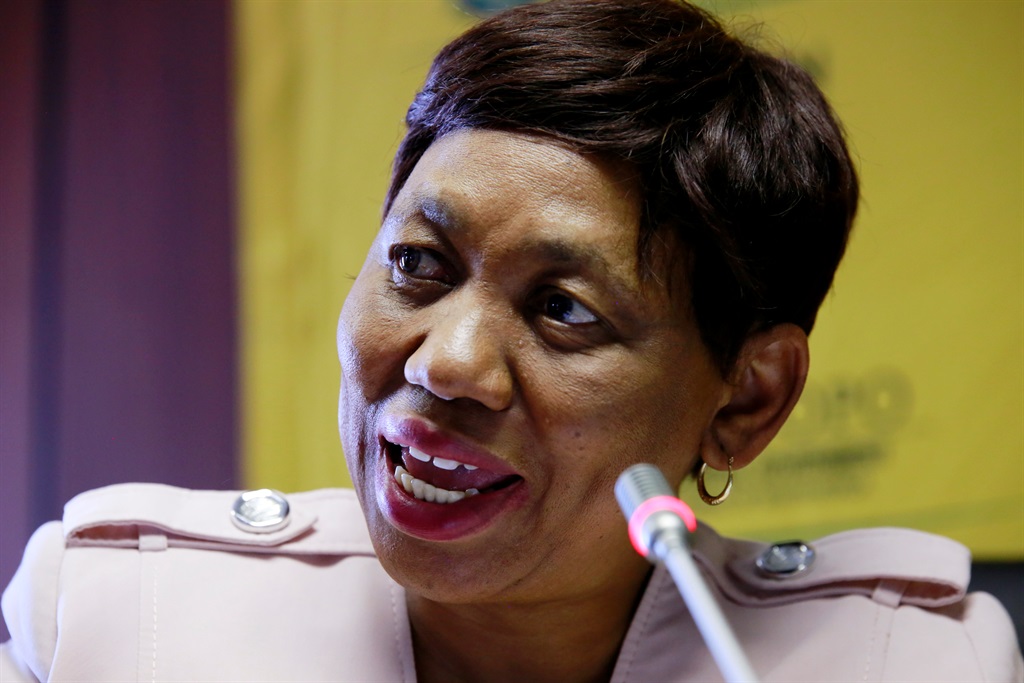
Corporal punishment is a manifestation of the violence that is endemic in South African society and in many ways is used to exert a form of control.
This was said by Basic Education Minister Angie Motshekga, who addressed the media this morning on corporate punishment and other issues facing schools.
Motshekga said that a half of South Africa’s pupils had experienced corporal punishment at one point in their schooling career.
In South Africa corporal punishment was declared unlawful 20 years ago under the Abolition of Corporal Punishment Act.
“Corporal punishment is an issue that has once again raised its ugly head. We have seen extremely disturbing videos emerge on social media of disgusting misconduct by teachers,” said Motshekga.
Social media users were outraged earlier this week when a video of a teacher in KwaZulu-Natal allegedly assaulting a pupil went viral.
KwaZulu-Natal education department spokesperson, Kwazi Mthethwa, told News24: “We want to send a clear message to any teacher who thinks they can hit children that we are not going to allow that. We have zero tolerance for corporal punishment.”
Motshekga said: “It is evident by the emergence of the viral videos and reports from learner organisations that corporal punishment is still taking place in schools.”
The basic education department established a task team in 2015 to develop a draft protocol that is known as the protocol for the elimination of corporal punishment in South African schools.
“This protocol deals with the definition of what constitutes corporal punishment; this includes instances where learners are publicly humiliated by educators,” said Motshekga.
She said teachers who physically harmed pupils would lose their jobs.
Motshekga said she was aware that many teachers required training in alternative discipline techniques.
“The second phase of the protocol will look at behaviour intervention and support – essentially, positive ways of disciplining learners.”
Motshekga said teachers should make use of de-escalation techniques to prevent incidents that lead to violence.
The protocol aims to create a national framework to standardise a response to corporal punishment throughout the education system.
“We are working closely with Unicef on this project,” said Motshekga.




 Publications
Publications
 Partners
Partners








